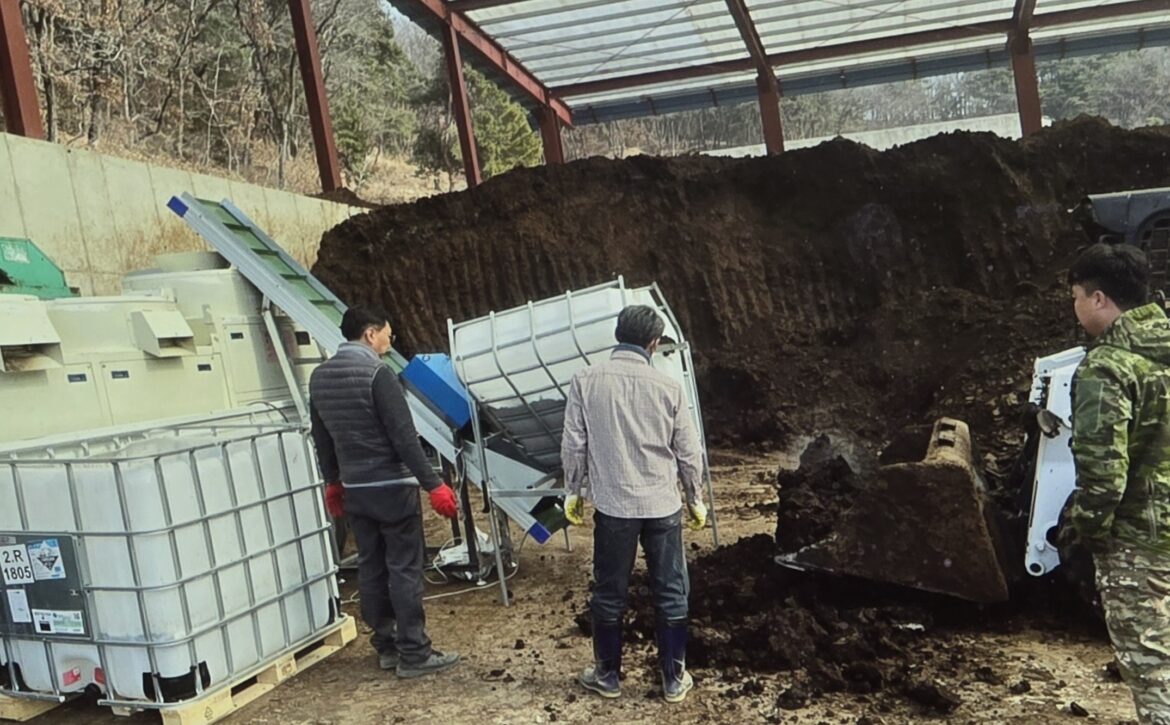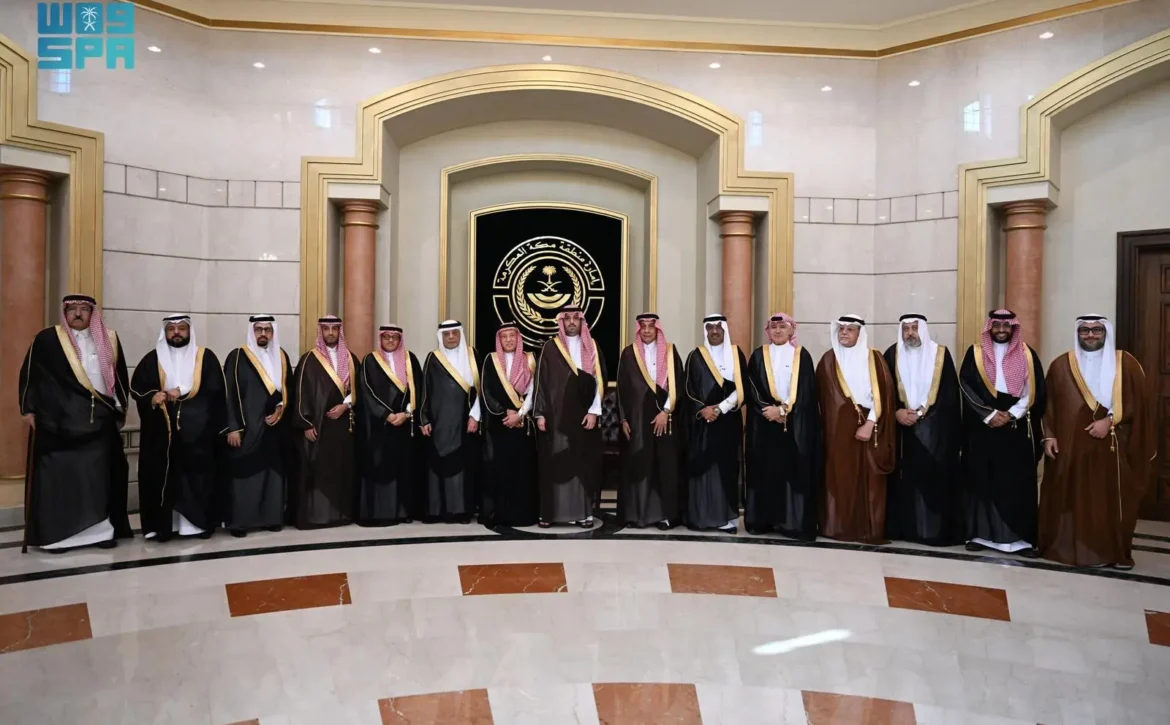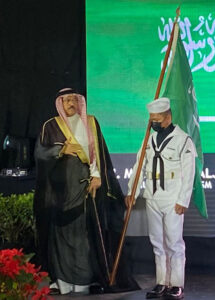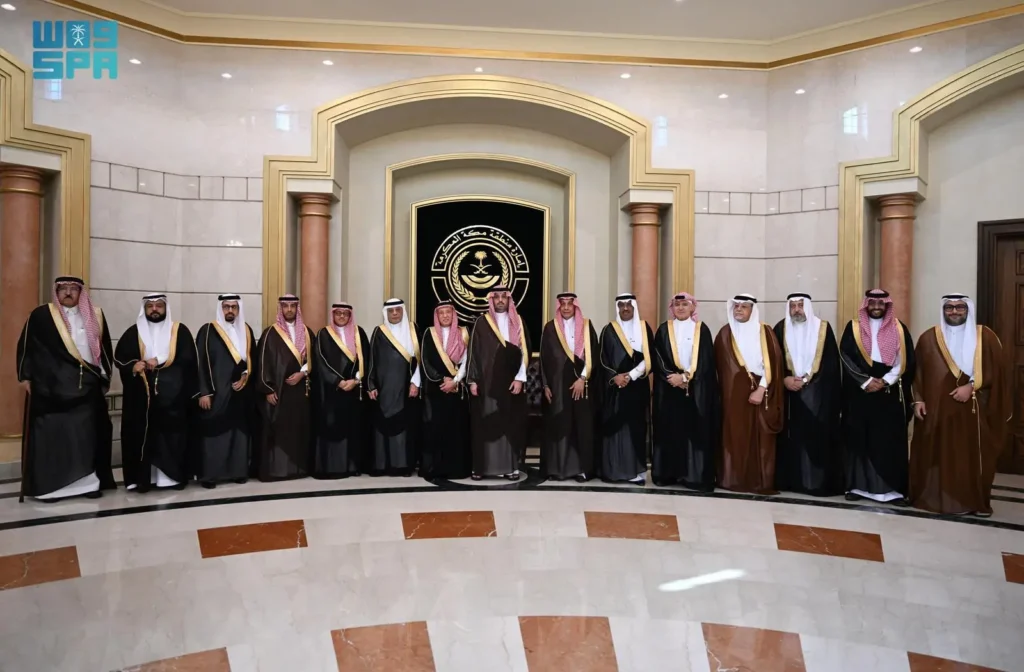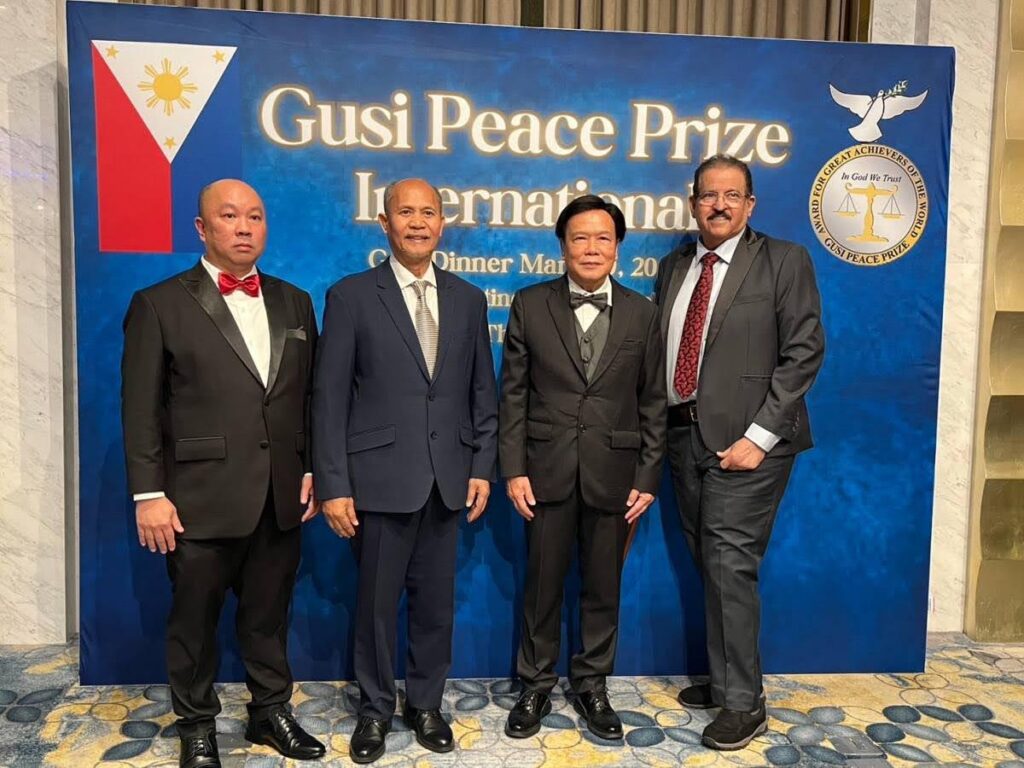Biochar from Manure: Enereum Collaborates with a Korean Success Story in Waste-to-Carbon Innovation
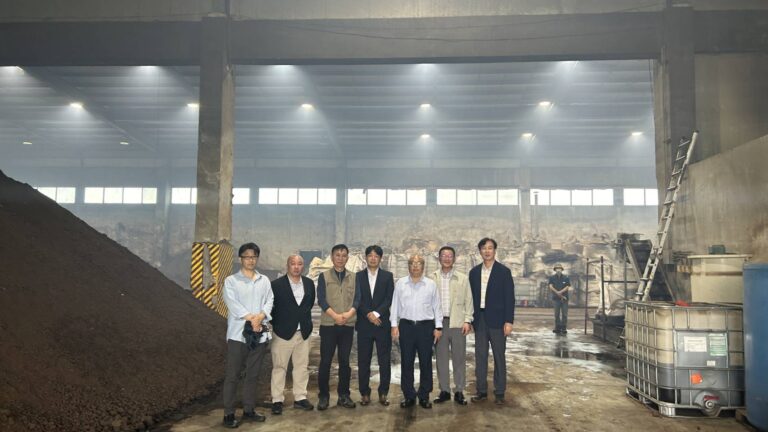
How livestock waste, clever engineering, and a carbon-hungry planet aligned to make something unexpectedly beautiful — and how Enereum is joining forces to support its future.
It Started with a Problem: Too Much Manure, Too Little Time
Anyone who’s ever spent time on a farm — or even just driven past one — knows the smell. Livestock farming is vital, but the manure it generates? That’s a whole other issue. In South Korea, one innovative team took that smelly reality and turned it into black gold: granular biochar that not only improves soil but actually helps cool the planet.
And now, Enereum — a global platform for sustainability innovation — is proud to share and support this breakthrough as part of a growing collaboration to scale, amplify, and replicate successful models across Asia.
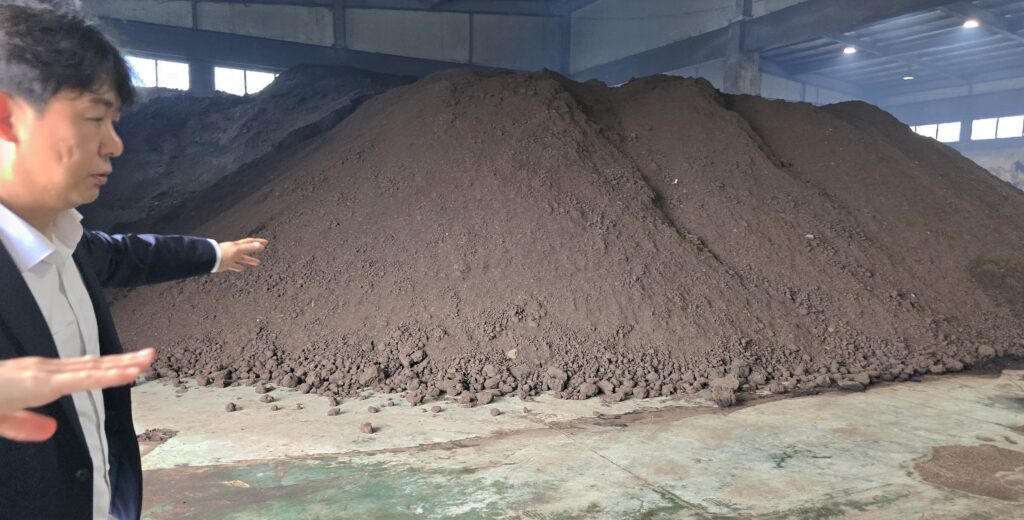
A Segment Worth Celebrating
Developed by UNO Energy and represented internationally by Phrygian Partners Co., Ltd., the project has quietly become one of Korea’s most technically complete solutions for livestock waste. It’s not flashy. It’s not claiming to save the world. But it works — and that counts.
This biochar system is especially notable because it targets livestock manure, not crop residues. That means handling high moisture, odor, and nutrient loads that many traditional biochar systems avoid. And yet, here it is: running, scaling, and improving real farms.
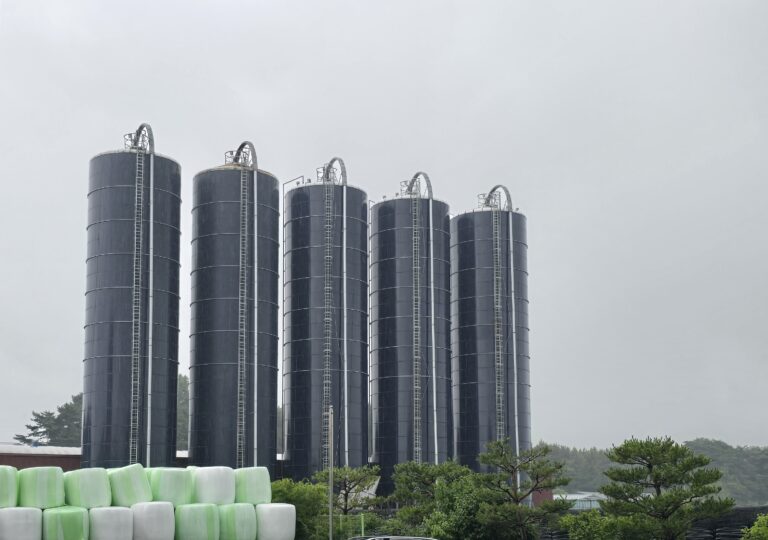
How It Works: From Farm Waste to Fertilizer Gold
Most biochar systems use crop residues — rice husks, corn stalks, bamboo. That’s good, but not enough. Manure presents a high-moisture, high-nitrogen, high-odor challenge. And this Korean system handles it head-on.
The Process:
- Fermentation — the raw manure is stabilized and deodorized
- Pelletizing — dried and shaped into easy-to-handle granules
- Pyrolysis — heated above 500°C in a low-oxygen chamber
- Recycling — pyrolysis gases (methane, tar) are reused to cut fuel needs by 80%
- Packaging — clean, dark biochar granules, ready for farms or export
The result? A carbon-rich product that enriches soil, reduces fertilizer demand, and even qualifies for carbon credit generation under methodologies backed by the UN’s IPCC and platforms like Puro.Earth.
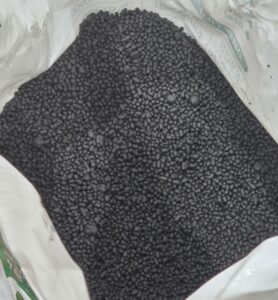
A Standout Operation in Korea
According to independent research, this may be the only manure-based biochar project in Korea currently operating at scale — with validated fertilizer status, government program participation, and even carbon finance agreements signed through NH Investment Securities.
It’s already:
- Registered as a certified fertilizer product
- Supplying over 500 tons of biochar to Korean rice paddies
- Positioned to generate carbon credits based on verified emissions data
- Operating at 10 tons/day output, with automated control systems
The presentation also highlights partnerships with public-sector carbon neutrality programs, export readiness through Vietnam-bound compost, and compliance with Korea’s national fertilizer and environmental safety standards — including heavy metal thresholds and pH balancing.
All of this is the result of years of steady development, system debugging, and deep dedication by a team that has overcome real-world technical and regulatory barriers.
The Products: Granular Biochar That Farmers Actually Want
You know what farmers hate? Dust. You know what they love? Easy-to-use, clean, pelletized fertilizer.
This system delivers that. A 3–5 mm granular biochar product that:
- Spreads easily on soil
- Doesn’t blow away or smell
- Improves soil water retention and nutrient holding
- Has a pH of 7–8 — perfect for many crops
- Contains valuable residual nitrogen, phosphorus, and potassium
In short: it works, and it’s marketable.
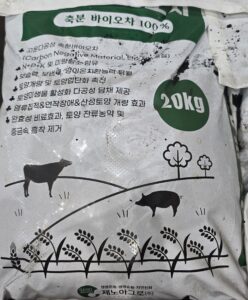
Carbon Credit Potential: The Bigger Payoff
Because the system:
- Uses animal waste
- Reduces methane emissions
- Stores stable carbon in the soil
- And is already integrated with verified data systems
…it qualifies for carbon credits, which are tradable internationally.
According to recent Puro.Earth transactions, biochar-based credits are priced around €140 per ton of CO₂e removed. That makes this project not only ecologically meaningful, but also financially compelling.
About Enereum
Enereum is a blockchain-integrated platform designed to track, support, and tokenize real-world sustainability projects. From biochar to clean energy, from regenerative agriculture to climate art, Enereum makes impact traceable, visible, and fundable.
Enereum is continuing its global mission to amplify promising sustainability solutions, support pilot replication, and prepare the infrastructure for future carbon-linked innovation.


